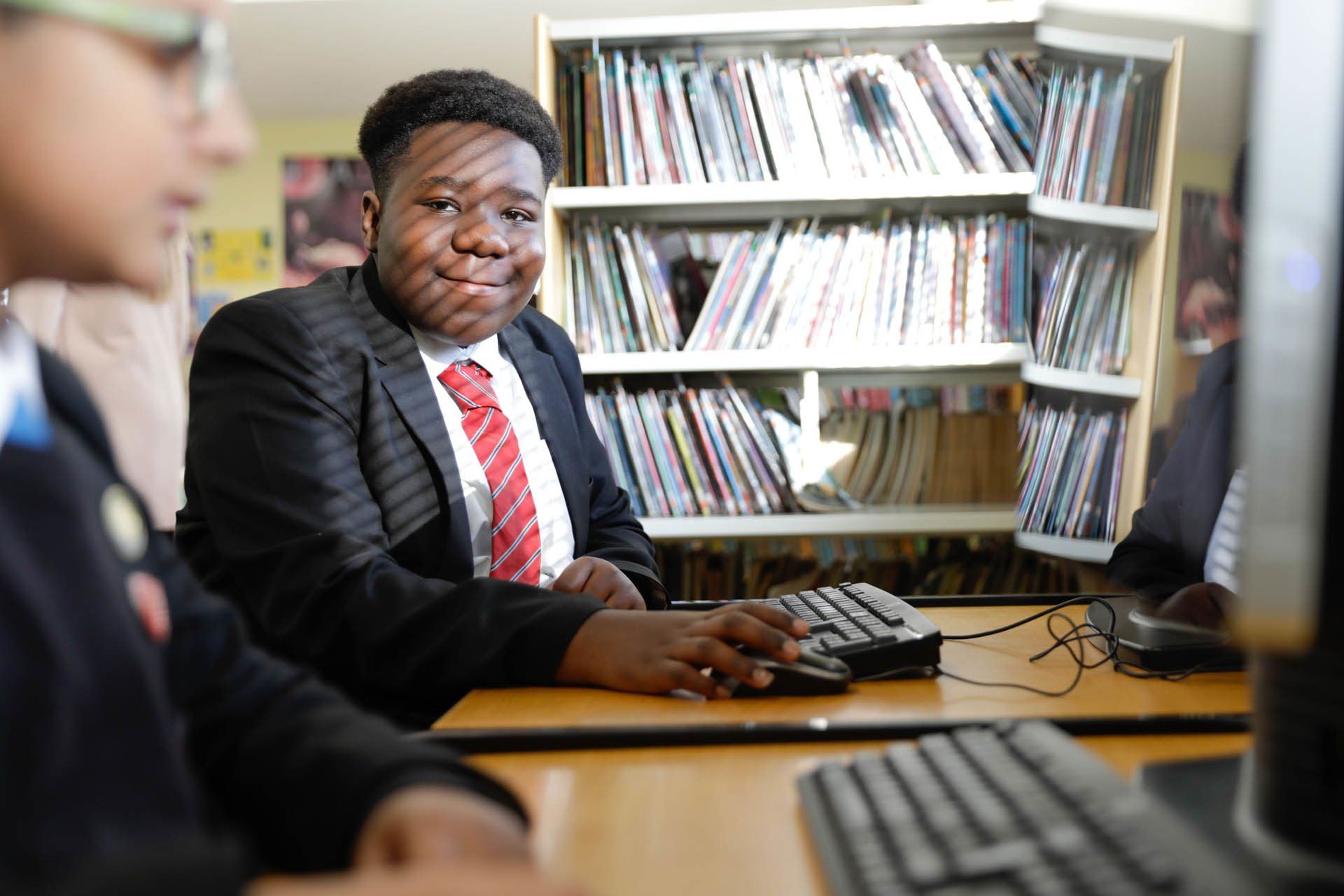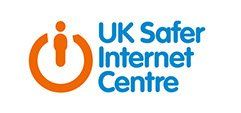
E-Safety
Dance
Button
E-safety
The internet is a growing tool that plays a key role in todays society. Unfortunately, with its advances comes many threats. At Robert Clack School we are dedicated to protecting pupils both physically and digitally. Various policies and security measures are implemented to protect pupils when using school technology.
We recognise that the most effective way to protect pupils is a collaborative approach with parents and carers. This page has been designed to provide information on how to keep your children safe online.
Cyberbullying
Cyberbullying is often overlooked as a threat, as it is not physical, however it can be equally harmful. Cyberbullying is particularly invasive as it can take place anytime, any place, as long as a device is accessible. In year 7, we teach pupils to do the following if they are a victim of cyberbullying:
- Tell an adult
- Keep/screenshot the offence message or post, so that you can show it to an adult to deal with it
- Do not reply
- Report it to CEOP
Social media
Social media is now embedded in society and the majority of our pupils use it. This can be a gateway to cyberbullying and other threats. To protect pupils we teach them these rules:
- Do not post anything of yourself, or your friends, that you would not want any of your friends or family to see
- Make sure your profile is set to private
- Make sure you know the people that are following you
- Report any abuse
Tips for parents and carers- Social Media
| 13+ | 16+ | 17+ | 18+ |
|---|---|---|---|
| Vine | Tinder | ||
| Whisper | |||
| Yik Yak | |||
| Google+ | |||
| Tumblr | |||
| Snapchat | |||
| My Space | |||
| Skype | |||
| iTunes | |||
| Tiktok | |||
| Youtube |
CEOP
The Child Exploitation and Online Protection command is a law enforcement agency set up to help keep children safe online. They provide advice and will investigate any concerns regarding online abuse.
Unfortunately, CEOP does not deal with bullying. Below is a list of reports they have received and successfully dealt with.
- Someone on the internet has requested that I send them naked pictures.
- Someone has threatened me because I uploaded a naked image on the internet.
- Someone has become hostile towards me after I done something on webcam that I am embarrassed about.
- I've been asked to live-stream and do things I don't want to do by someone I don't know.
- Someone on the internet kept pressuring me to meet them in person, and I felt compelled to do so.
- Someone online was talking about sex with me, which made me uneasy.
- Someone is pressuring me to do things I don't want to do on the internet.
- Someone I met in an online game is persistent in attempting to speak with me privately.
For a school related issue, we would always recommend contacting the child’s head of year, however if you would like to submit a report to CEOP, this can be done by visiting
https://www.ceop.police.uk/
E-Safety videos shown in lessons
Please click the links below to see e-safety videos that pupils are shown in school.
Cyber Awareness
Please click here to read a document regarding Cyber Awareness



